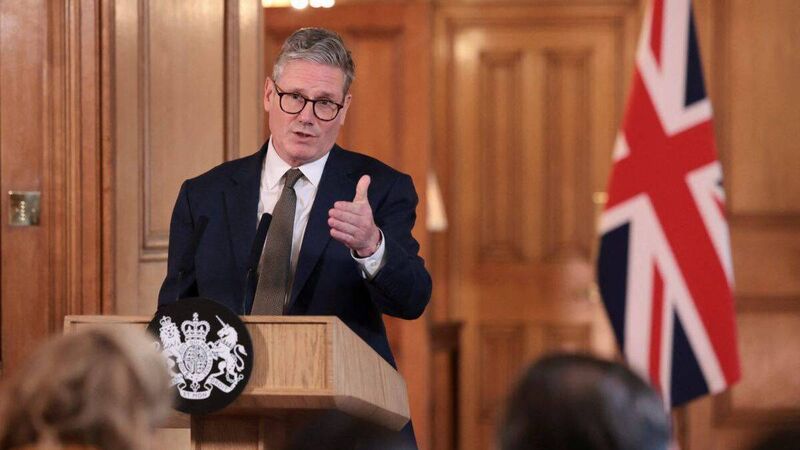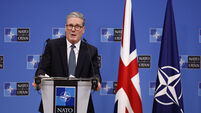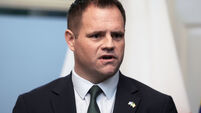John Whelan: Labour win brings hope for Irish exporters of better EU-UK ties

UK prime minister Keir Starmer vowed to champion farming, but uncertainty remains over UK agriculture, with questions lingering over Labour’s plans for post-Brexit farming policies. Labour’s manifesto did not mention a budget for farming.
After a historic Labour win in the UK, Irish exporters are cautiously optimistic about the new government’s plans for economic expansion.
The aim is for the UK to post the fastest sustained economic growth of the seven largest nations. If achieved, it will be an enormous boost to Irish exports, particularly the agri-food sector.
Already a subscriber? Sign in
You have reached your article limit.
Subscribe to access all of the Irish Examiner.
Annual €130 €80
Best value
Monthly €12€6 / month
Introductory offers for new customers. Annual billed once for first year. Renews at €130. Monthly initial discount (first 3 months) billed monthly, then €12 a month. Ts&Cs apply.













